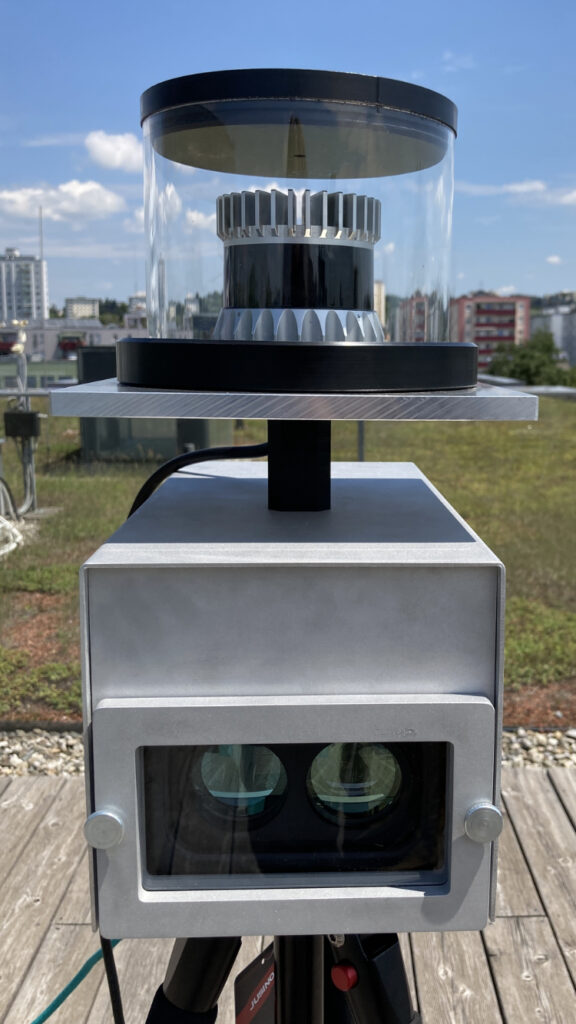
Hans List Fonds Award for the Dissertation of Birgit Schlager
Hans List Fonds Award for the Dissertation of Birgit Schlager
Hans List Fonds award 2022 for the dissertation of Birgit Schlager with focus on:
Automotive lidar fault injection and lidar fault detection considering housing-related faults to increase perception reliability.
Lidar sensors measure the distance to objects in the environment by means of laser pulses and provide data which further components of automated and autonomous vehicles rely on. A proper perception of the environment is essential for path planning and decision making of automated systems. Therefore, lidar faults need to be detected in order to increase the perception performance of automated systems.
Currently, lidar condition monitoring considering internal lidar faults is performed by sensor manufacturers. In contrast to that, the thesis deals with lidar faults caused by external influences such as damages of the lidar cover (e.g., scratches, cracks), contaminations on the lidar cover (e.g., dirt, dew, water) and vibrations affecting the lidar sensor. Its results are the basis for developing fault management systems. Examples of fault management actions include cleaning the housing in the case of contaminations blinding the lidar, considering fault information in sensor fusion algorithms by reducing confidence in a faulty lidar sensor, or switching to a safe state, i.e., stopping the autonomous vehicle.

The following results were obtained as part of the research work:
The dissertation is the basis for further research on defining standardized methods for fault injection and detection and for real-time fault detection in dynamic scenes.
The research work has helped to answer core questions regarding perception sensors for automated systems and received a scholarship of the Hans-List-Fonds in 2022.
Notable publications:
T. Goelles, B. Schlager, and S. Muckenhuber, “Fault detection, isolation, identification and recovery (fdiir) methods for automotive perception sensors including a detailed literature survey for lidar,” MDPI Sensors, vol. 20, no. 13, art. no. 3662, 2020. [Online].
B. Schlager, T. Goelles, and D. Watzenig, “Effects of sensor cover damages on point clouds of automotive lidar,” in 2021 IEEE Sensors, 2021, pp. 1–4. [Online].
B. Schlager, T. Goelles, M. Behmer, S. Muckenhuber, J. Payer, and D.Watzenig, “Automotive lidar and vibration: Resonance, inertial measurement unit, and effects on the point cloud,” IEEE Open Journal of Intelligent Transportation Systems, vol. 3, pp. 426–434, 2022. [Online].
B. Schlager, T. Goelles, S. Muckenhuber, and D. Watzenig, “Contaminations on lidar sensor covers: Performance degradation including fault detection and modeling as potential applications,” IEEE Open Journal of Intelligent Transportation Systems, vol. 3, pp. 738–747, 2022. [Online].